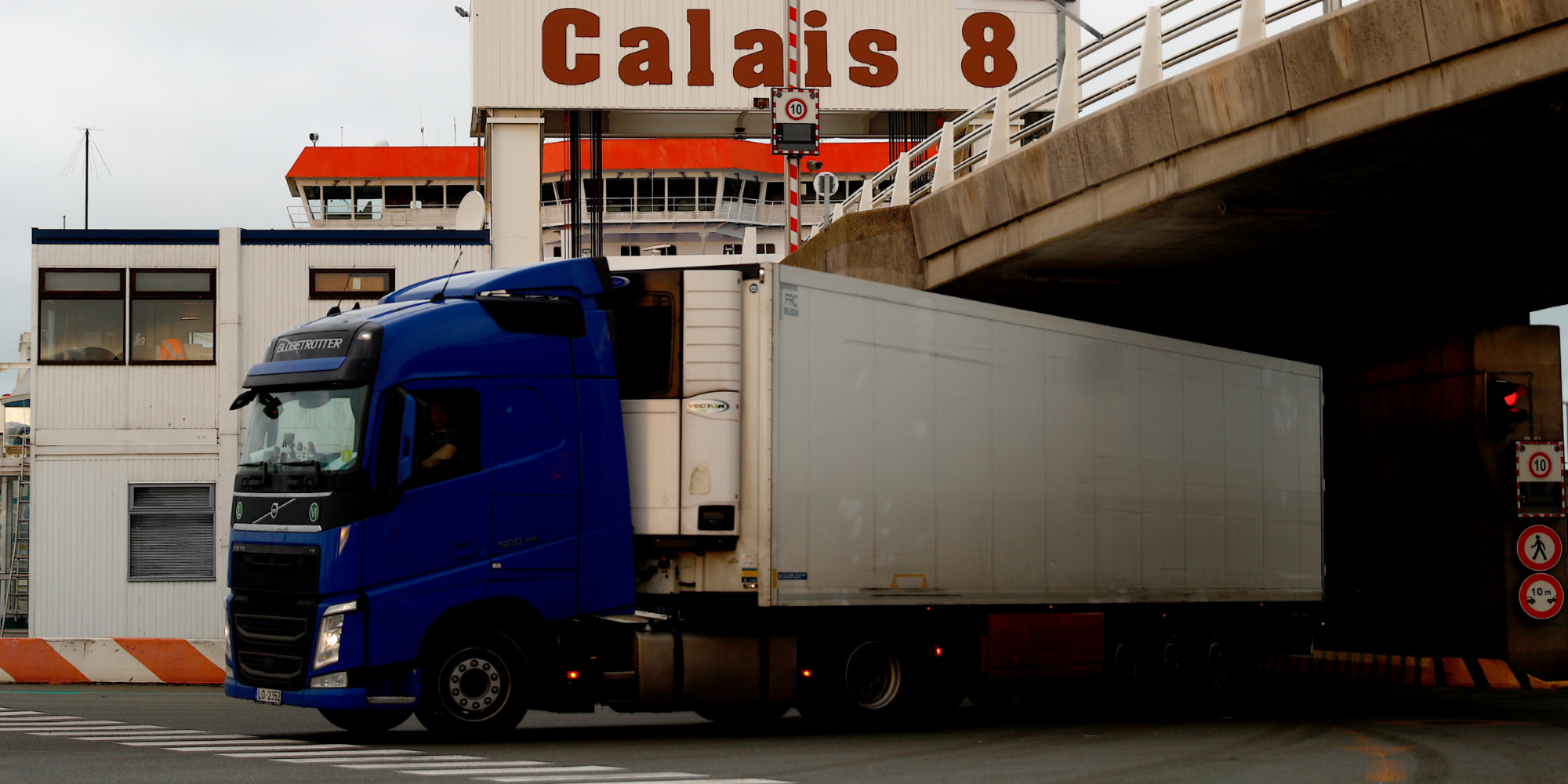In Calais, the entry into force of Brexit has led to the establishment of new procedures to be followed for border police officers.
But these new rules make their work harder, and slow down traffic.
REPORTAGE
17 days after the entry into force of Brexit between the European Union and Great Britain, in Calais, cross-Channel traffic is gradually returning to normal.
But in addition to the new customs procedures, all freight transporters and border police officers must also apply new rules.
Procedures that increase the work of these border guards, as Europe 1 has observed.
>>
Find the mid-day weekend podcast and replay here
"Hello! Passport, please!".
At the Channel Tunnel tourism terminal, Xavier, the border guard, must now check the limited length of stay, or visas required for travel to Great Britain.
"It's more at the level of passage, visa stamps, that it takes a little more time in verification," he describes.
The stamp is the stamp affixed to the passport.
But these few seconds of additional control are not without consequences on the flow of traffic, explains David, commander of the border police in charge of cross-border services.
"We went from an average duration of control, for a Community national, from 20 to 25 seconds, to double, to 45-50 seconds," he says.
"We double the control time. Consequence: difficulties on the fluidity that we must anticipate."
Contract workers hired as reinforcements
To cope with this situation, around sixty contract workers were hired as reinforcements, like Karim.
"We are outside, in direct contact. We make the first visual checks", he explains to Europe 1. "We are really very useful, because we save time for the person who is authorized to check the documents by querying the files. You have to be sure that you haven't missed anything. And you gain fluidity. "
The issue is capital for the commercial competitiveness of the Channel Tunnel: to apply the new Brexit migration rules, while guaranteeing the safety and fluidity of cross-Channel traffic.

